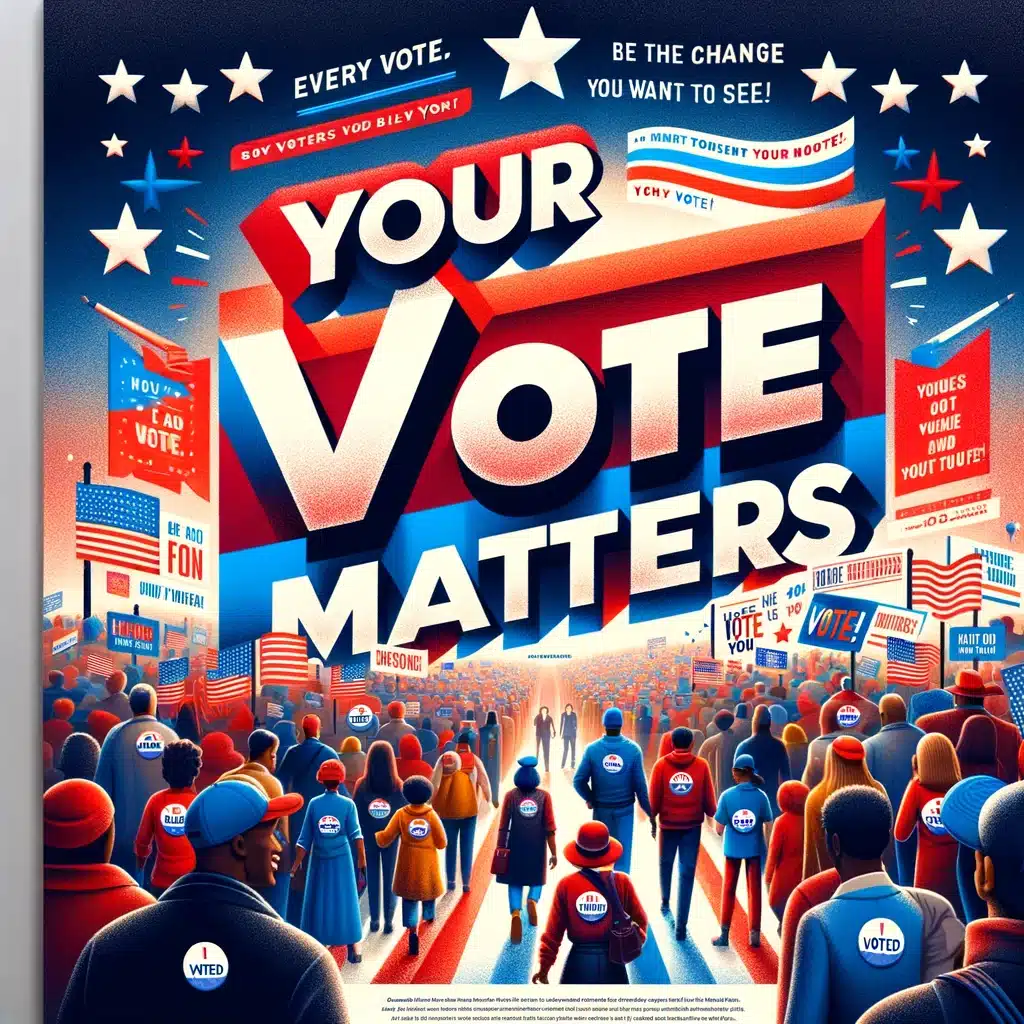You come home from work and discover that you received a direct mail piece. Nice! We all love mail. But then you talk to your neighbor, and they got the same piece in their mailbox. Then you talk to another neighbor, and they got one, too. So did the neighbor across the street and the neighbor the next road over. So much for feeling special.
Personalization matters. It makes people feel valued, especially when it arrives in print. Digital personalization is all around us, from Amazon recommendations to shopping cart abandonment reminders, but personalization in print marketing is less common. It stands out.
While personalization in print stands out for relevance, it increasingly stands out for another reason: respect. What do we mean by that?
Personalizing your print communications shows respect for the recipient’s time. Nobody has time for irrelevant mail anymore. Buyers know that personalization is possible—they even expect it. They look for it, and they recognize it when they see it. By personalizing the piece, the recipient knows that you’ve taken the time to create something just for them. They know that when they open it, they are less likely to find something irrelevant that is a waste of their time.
It’s no wonder that, in a classic InfoTrends study on the value of print personalization, when consumers were asked how providers can improve the value of their direct mail communications, two of the top three responses were “make them relevant to me” (34%) and “personalize the content for me” (28%). Do you know the top reason for marketers to personalize their transactional mail, in particular? “Make it easier to understand,” with 43% giving this answer. This, again, shows respect for the recipient’s time.
It’s no wonder that when asked how personalization affected the amount of time consumers spent with marketing mail, nearly half (49%) agreed that they spend “much more time” reading direct mail that is “personalized and relevant” to them than they do with generic direct mail.
The data continue to tell the story. You’re missing a massive opportunity if you’re not personalizing your print or digital communications. Need to get started? Let’s do it!

 04/27/2022
04/27/2022  Patrick Whelan
Patrick Whelan


